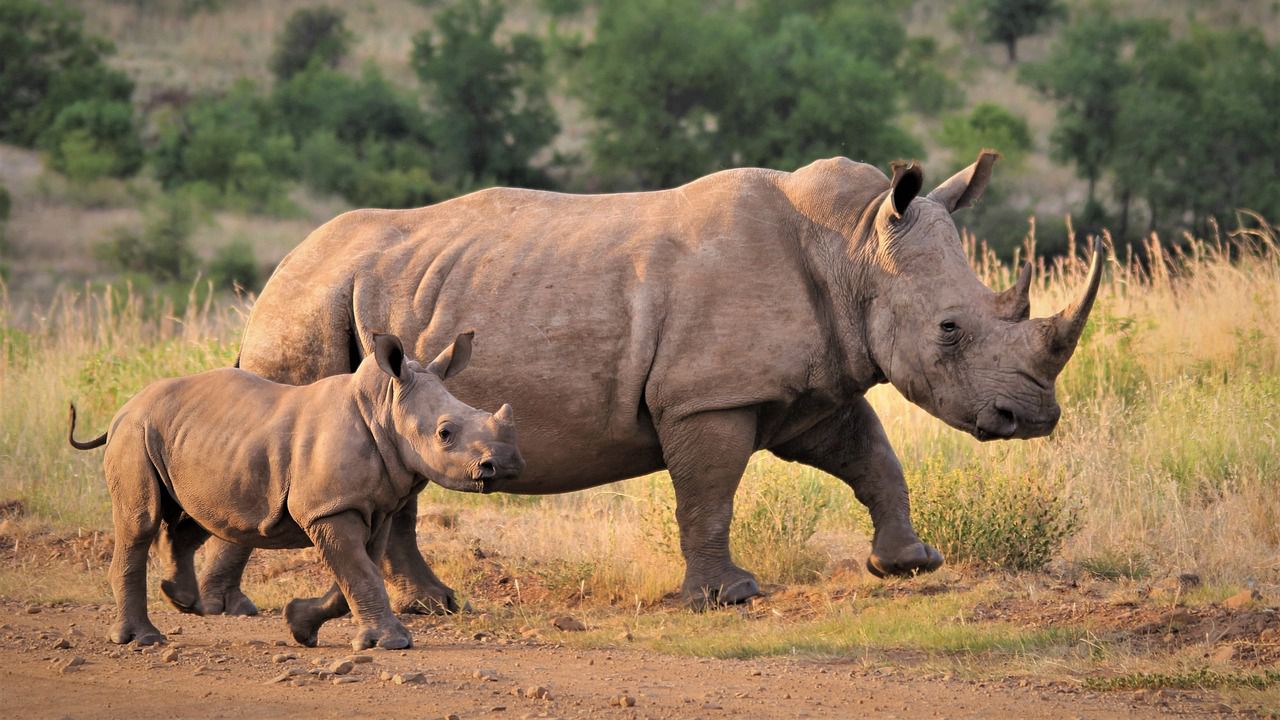While many animals can be domesticated or trained to some extent, there are certain species that generally resist domestication and cannot be fully tamed.
These animals typically have behavioral, physiological, or ecological characteristics that make it difficult or impossible to establish a close and safe relationship with humans.
Some examples of animals that are challenging or cannot be tamed include these.
Wild Carnivores
Large and dangerous predators like lions, tigers, and bears cannot be safely tamed due to their natural instincts and potential threat to humans.
These animals retain their predatory behaviors and are difficult to control.

Wild Primates
Many primates, such as chimpanzees, gorillas, and orangutans, are highly intelligent and have complex social behaviors.
However, their strength and unpredictable behavior make them unsuitable for domestication.
Wild Elephants
While some elephants have been trained for specific tasks, such as logging or entertainment, they are wild animals with large physical needs and social structures that are hard to replicate in captivity.
Wild Rhinoceroses
Rhinoceroses are large and potentially dangerous animals that are not well-suited for domestication.
Their specialized habitat requirements and solitary nature make them challenging to house and care for.
Wild Canids
While domestic dogs are descendants of wild canids, many wild species like wolves, foxes, and coyotes retain their natural behaviors and may pose risks to humans if kept in captivity.
Wild Reptiles and Amphibians
Many reptiles and amphibians have specific dietary and environmental requirements that are hard to replicate in captivity.









